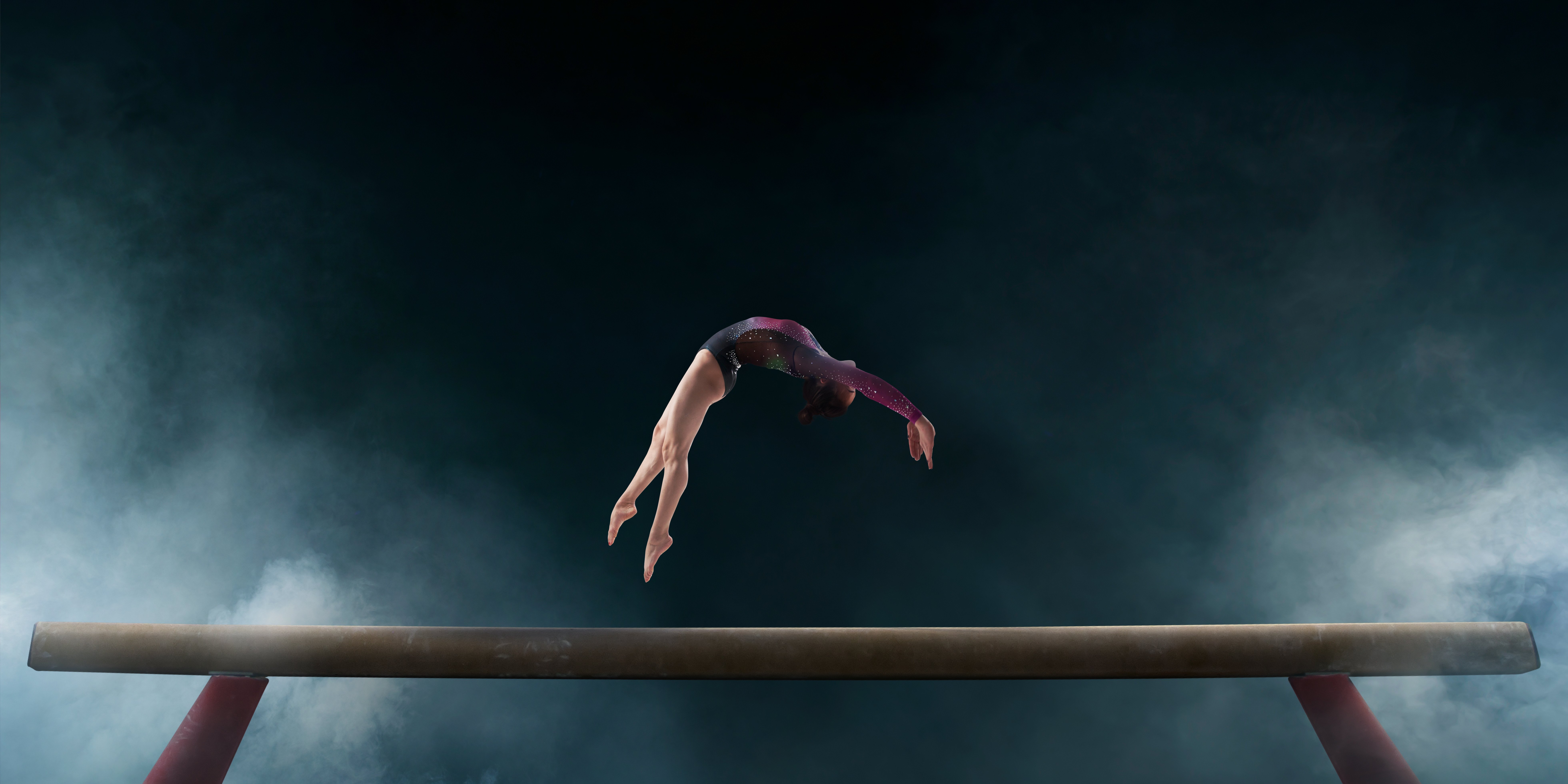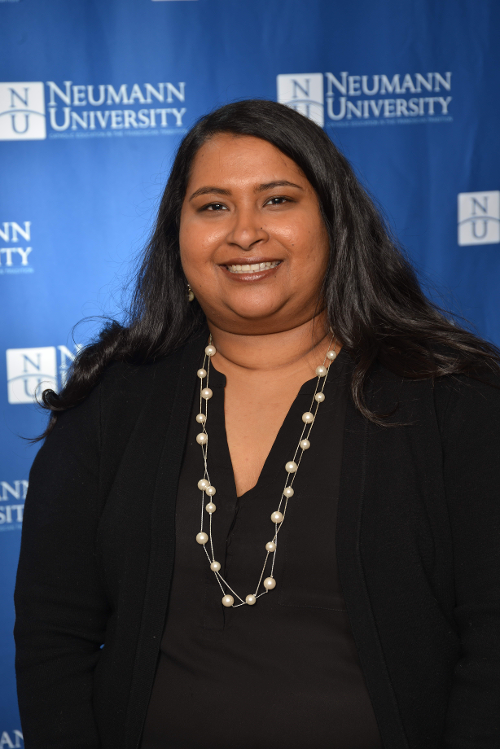
Every four years, athletes from around the globe gather to compete on the world's largest stage. Years of hard work culminate in moments that define careers. Reaching and performing at this level isn't without its hurdles. Whether it's a career-threatening tear or strains and sprains, injuries are an unfortunate part of an athlete's journey.
This is where the role of physical therapists becomes indispensable. Many Olympic dreams have been saved thanks to the dedicated work of physical therapists.
But what exactly do physical therapists do for athletes, especially those preparing for something as competitive as the Olympics? Let's dive into stories of Olympic athletes, uncovering the role physical therapists played in their journey and how you can pursue this specialized career.
CALL IT A COMEBACK—THANKS TO PHYSICAL THERAPY
Simone Biles overcame a significant shoulder injury through a tailored rehabilitation program, enhancing her performance and reducing injury risks. Her teammate Jordan Chiles also benefited from physical therapy for a critical wrist injury, resulting in her successful return to competition. With their physical therapy team’s guidance, Biles and Chiles continue to bring home gold and minimize future injury risks.
WNBA star Kia Nurse recovered from an ACL injury with an 11-month rehabilitation, highlighting physical therapy's role in her physical and mental comeback to Team Canada. Kawhi Leonard, challenged by knee issues, opted out of the 2024 Paris Olympics, emphasizing the importance of consistent rehabilitation and the critical support of physical therapy in athlete recovery.
How Do Physical Therapists Help Athletes?
Physical therapists are crucial members of an athletic team, providing comprehensive care that goes far beyond injury recovery. These healthcare professionals use a multifaceted approach to help athletes achieve peak performance and keep them in the game. Let's break down the key ways in which physical therapists are instrumental in the care and success of athletes:
- Therapeutic Exercises: Tailored exercises help in strengthening the body, improving flexibility, and reducing the risk of future injuries.
- Manual Therapy Techniques: Techniques like massage and joint mobilization increase mobility and relieve pain, accelerating the recovery process.
- Customized Exercise Programs: Physical therapists create specific programs that cater to an athlete's particular sport, focusing on the muscles and movements most crucial to their performance.
- Patient Education: Knowledge of proper body mechanics, injury prevention, and the importance of nutrition and rest becomes a cornerstone of an athlete's long-term health strategy.
- Assessments: Regular assessments ensure that recovery is on track and that training adjustments are made as needed.
This broad spectrum of involvement highlights the essential role that physical therapists play in the health and longevity of athletes, ensuring everyone from kids to seasoned professionals maintains peak physical condition in competition.
How Do You Become a Physical Therapist?
The impact that physical therapists can have on an athlete's career—and the lives of non-athletes—is profound. To become a physical therapist, you must pursue a Doctor of Physical Therapy (DPT).
- A DPT is a post-baccalaureate 3 or 4-year degree which involves a blend of coursework and clinical experiences.
- DPT students learn human anatomy and physiology, kinesiology and biomechanics, pharmacology, pathophysiology, healthcare ethics, and a variety of other related topics.
- A significant component of any DPT program is clinical education, which usually includes internships or clinical rotations. This practical experience allows students to apply their knowledge in various settings, such as hospitals, outpatient clinics, sports facilities, or rehabilitation centers, under the supervision of licensed physical therapists.
- Graduates must pass a national licensing exam to practice as a registered physical therapist. The profession demands continual learning to keep up with advancements in the field, and many therapists pursue further specialization through certifications and continuing education courses.
Create a Game Plan with Neumann University’s DPT Program
Neumann University offers a DPT program designed to provide the knowledge and skills necessary to excel as a physical therapist. Accredited by the Commission on Accreditation in Physical Therapy Education (CAPTE), our program is structured to be completed in three years, featuring:
- A Weekend Format: Designed for flexibility, allowing students to balance their studies with other responsibilities.
- Hands-On Clinical Education: 30 weeks of full-time, real-world experience in various clinical settings.
- State-of-the-Art Facilities: Students learn and practice in our cutting-edge Health Sciences Center.
With a comprehensive curriculum focused on clinical science, ethical practice, and decision-making, our students are equipped to make a meaningful impact in the lives of athletes and non-athletes.
When we celebrate the incredible achievements of athletes, we can also acknowledge the unsung heroes behind the scenes—the physical therapists. Their expertise, dedication, and tireless work ensure that athletes perform at their best and maintain their health.
For those inspired by the stories of Olympic athletes and the role physical therapists play in their success, consider exploring a career in physical therapy. Learn more about Neumann University’s DPT program and how we can prepare you to enter the field. You just might find yourself at the 2028 Olympics.
 CHALLENGE
CHALLENGE









